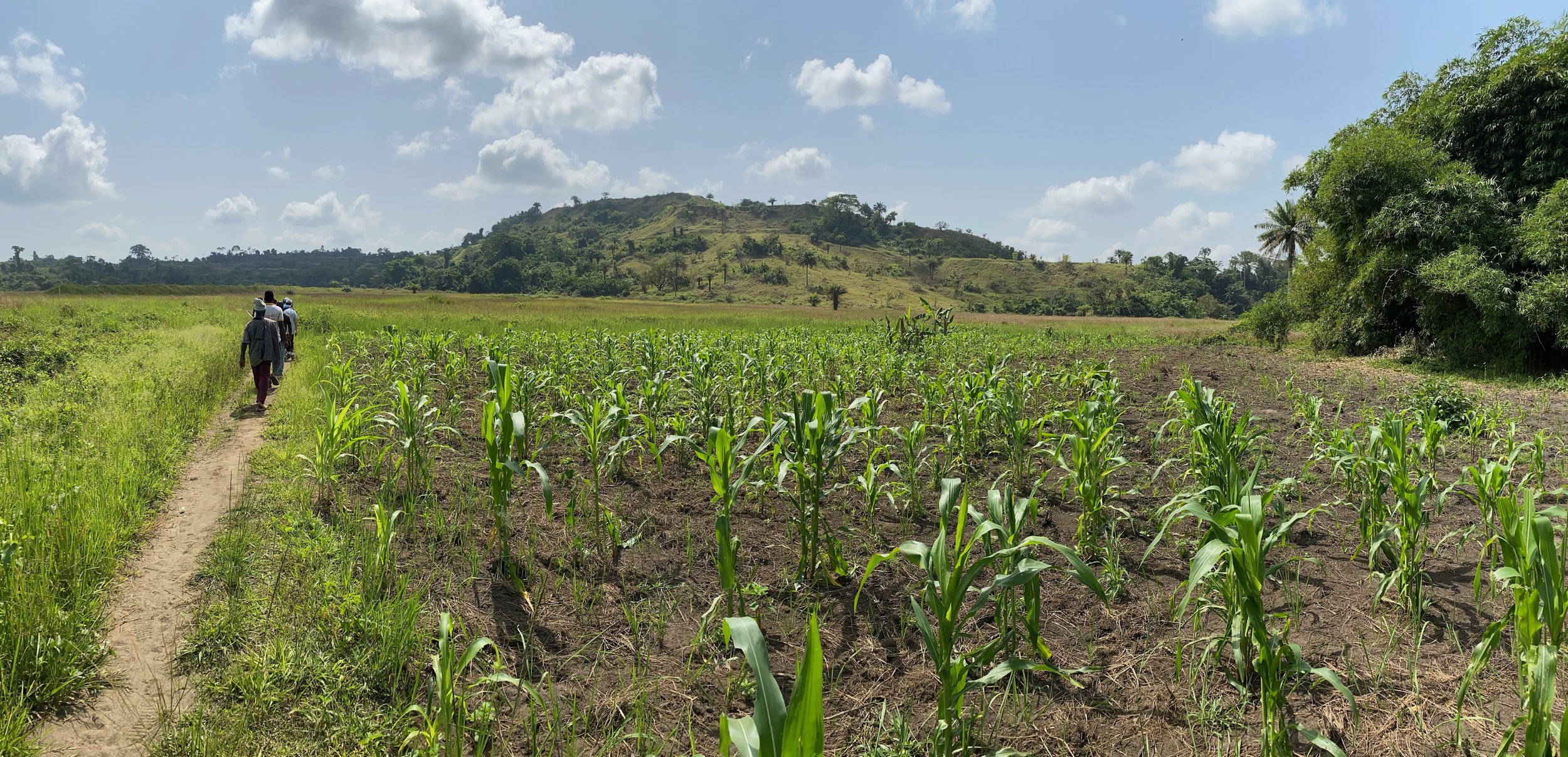
Empowering Farmers, Transforming Communities in West Africa.
*
Empowering Farmers, Transforming Communities in West Africa. *
Sowing seeds of Hope
In Service ~ In Support
-

Seeds
Why it is important to plant from quality seeds.
The pros of planting seeds include:
Improved production and quality -- we use seeds that have been developed for higher yield, greater disease resistance and better nutritional value.
Variety – Planting from seeds provides the opportunity to choose plants based on nutritional value for human consumption and sustainability for reusing nutrient rich soil.
Cost – Seeds are be produced using our seed multiplication site located at our training farm in Bomi County. These seeds are provided at little or no cost to our communities.
Satisfaction – Pride is a huge reward for the farmers and their families. They are able to provide sustenance, a means of growing in abundance allowing for excess funds to be generated for highly prized accomplishments such as sending their children to school.
-

Tools & Education
Which tools and why?
It began with shovels, watering cans and wheelbarrows.
Farming tools and equipment are critical to the success of a farm as they make farming easier and more efficient.
These tools are provided to the farming communities with the understanding that Jenneh Farms will supply them for 3 years. After that, it is expected that the community will be self-sufficient and thriving with crops for consumption as well as overflow for sale.
Our NGO in Liberia, West Africa - Agriculture and You will continue to guide, support and educate as needed beyond the 3 years.
-

Why Agriculture
Why support agriculture in Liberia?
Shockingly, 49% of Liberians are considered food insecure with approximately 83% living below the poverty line on less than US $1.25/day.
In Liberia, agriculture is the most vulnerable sector to climate change, providing primary livelihoods to more than 70% of the population.
Agriculture is vital to livelihoods in West Africa. It is the main source of employment for the 290 million people who live in the region, employing 60 percent of the workforce, and accounts for 35 percent of the region's gross domestic product (GDP).
